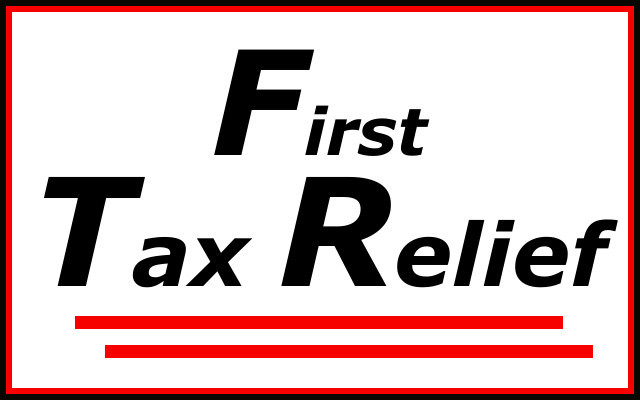The corporation deadline for Cleveland businesses is behind us, and we’re taking a big breath around here (while still focusedly working through personal tax returns as well).
Apparently, there are basketball games being played.
Not that we would know much about that. We’re too busy around here.
And speaking of too busy, I recently wrote about how some Cleveland business owners get complacent about “selling” in their business, and how it can hold back the growth of formerly-successful small businesses.
There is another tendency which holds back growth in a small business though, and that is this: the owner clinging too tightly to the reins.
Sound familiar?
And by the way, you might think to yourself: Nope, not a problem for me.
Well, just because you “have employees”, or you’ve read a good book on delegation, doesn’t mean that you are doing it well — that you are truly freeing yourself up so you can handle only the most profitable activities in your orbit.
And honestly, this is a pretty crucial skill, even if you don’t happen to be a Cleveland business owner. It’s something that really anyone should take the time to develop.
Answer the question: What am I doing here — really?
The response (if you’re honest) might surprise you.
Three Easy Ways for Cleveland Business Owners to Develop Delegation Skills
“Be brave. Take risks. Nothing can substitute experience.” – Paulo Coelho
Many Cleveland business owners hold themselves back through improper or insufficient delegation skills.
What do I mean by this? Simple: it’s likely you spend too much time on activities easily handled by somebody else … and further down the pay scale.
There’s one major place small business owners get hung up that will keep you “running a business” instead of *owning* a business — and that’s investing in the support staff you need to take some of the heavy administrative and marketing burdens off your plate.
I hear so many excuses from Cleveland clients who desperately need help but sabotage themselves with “I can’t afford it,” or “I can’t trust anyone else to do the work,” or “It’s easier to just do it myself,” or “I don’t have space for an assistant” excuses.
If you don’t make the investment in key support staff to assist you in the operations of your Cleveland business, you’ll never grow beyond your current earning capacity and you won’t be able to serve your clients and customers as well as you possibly could.
At the same time, of course, you don’t want to get into a situation where you have too much support, which will result in bloated overhead and you keeping very little of your money.
So, how do you know if you have too much, too little or just the right amount?
For one week do the following:
1. Write down every single thing you do on a daily basis as it relates to your business. Track your time down to the minute and be sure to include seemingly minute tasks such as “called the courier and arranged pick up of documents,” to “ordered coffee for the office”. Have every person on your team do the same.
2. At the end of the week, circle everything on your list that could have been done by someone else. And closely examine what your team members were doing.
3. Make adjustments once you see how your time and your team are really operating. It can be hard to see what’s really going on, but it’s always worth it. Add up the number of hours you spent on the items you circled in step 2, and calculate how much more revenue you could have brought in if you had spent that time in revenue-generating (or marketing) activities instead.
Once you see what’s really going on, you can make decisions with knowledge instead of remaining in the dark about your business.
Feel very free to forward this article to a Cleveland business associate or client you know who could benefit from our assistance — or simply send them our way? While these particular articles usually relate to business strategy, as you know, we specialize in tax preparation and planning for Cleveland families and business owners. And we always make room for referrals from trusted sources like you.
Warmly,
Rich Rhodes
(833) Low-Taxx
First Tax Relief






